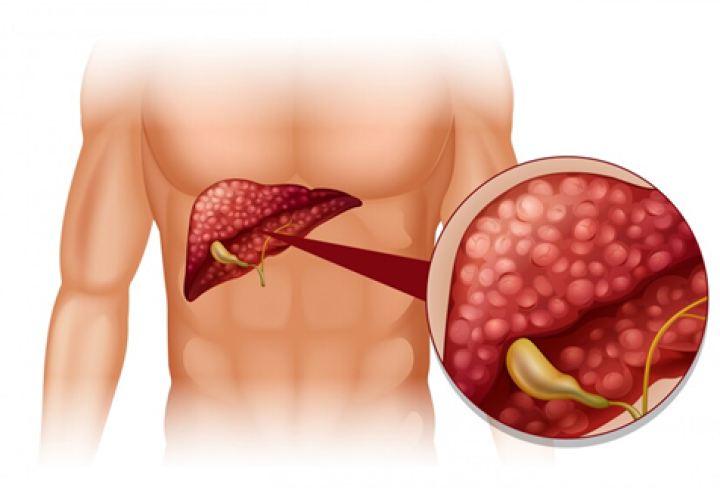A choledochal cyst is a rare congenital condition that affects the bile duct, a tube that carries bile from the liver and gallbladder to the small intestine. Bile is a fluid produced by the liver that aids in digestion. When a choledochal cyst develops, it causes the bile duct to dilate or enlarge, forming a sac-like structure.
Causes and Risk Factors
The exact cause of choledochal cysts remains unknown. However, it is believed to be a congenital abnormality, meaning it’s present at birth. Certain factors may increase the risk of developing a choledochal cyst, including:
Genetic factors: Family history of choledochal cysts or other biliary tract abnormalities.
Developmental anomalies: Abnormalities in the development of the biliary tract during fetal development.
Symptoms of Choledochal Cysts
The symptoms of a choledochal cyst can vary depending on the size and location of the cyst. Some common symptoms include:
- Abdominal pain
- Jaundice
- Fever
- Vomiting
- Loss of appetite
- Clay-colored stools
- Dark urine
- Abdominal mass
Diagnosis
To diagnose a choledochal cyst, your doctor may perform various tests, including:
Blood tests: To check liver function and other markers
Ultrasound: To visualize the bile duct and surrounding organs
CT scan: To obtain detailed images of the abdomen
MRI: To provide more detailed images of the bile duct and surrounding structures
Endoscopic retrograde cholangiopancreatography (ERCP): A procedure to visualize the bile and pancreatic ducts
Treatment
The treatment for choledochal cysts typically involves surgical intervention to remove the cyst and repair the bile duct. The specific surgical procedure will depend on the type and location of the cyst. Some common surgical options include:
Cyst excision: Removal of the cyst, followed by reconstruction of the bile duct
Biliary diversion: Redirecting the flow of bile to bypass the affected area
Liver transplantation: In severe cases, a liver transplant may be necessary
Early diagnosis and treatment are crucial to prevent complications such as infection, pancreatitis, and liver damage. If you or your child experience any symptoms of a choledochal cyst, it is important to consult your doctor for prompt evaluation and treatment.


